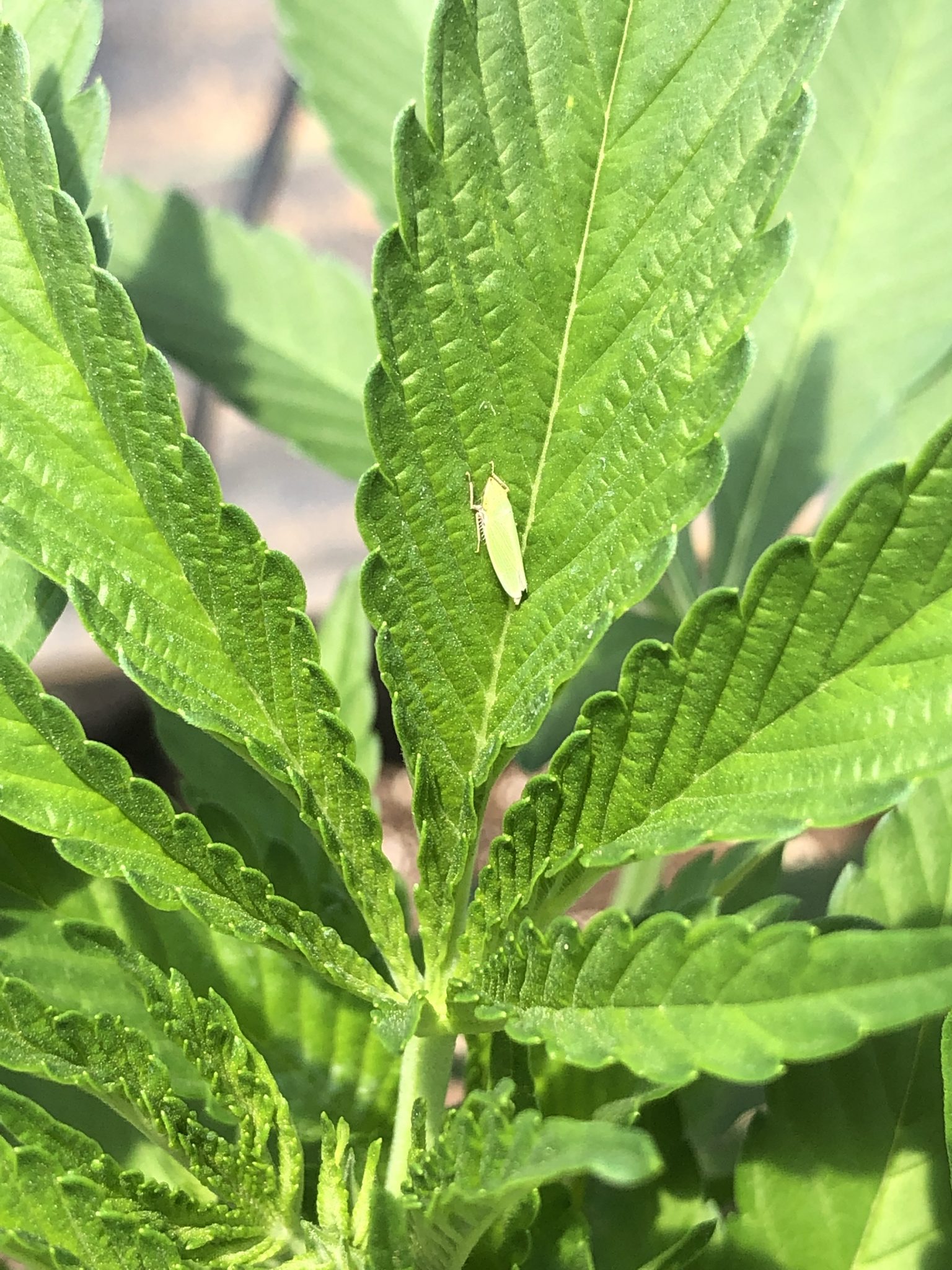Hemp is a new crop for Alabama and for the United States. With the 2014 Farm Bill’s Pilot Program, many states began producing hemp for fiber, grain, or flower. Additionally, the 2018 Farm Bill listed hemp as an agricultural commodity, leading to even more states, including Alabama, signing on to grow hemp in 2019. There has been little to no research done on hemp in the last several decades so the available information is limited. We are constantly learning about the insects, weeds, and diseases that infest hemp and how to control them.
This guide is the most up-to-date information available to Alabama Extension, but recommendations are changing as more is learned. Please contact the Alabama Cooperative Extension System if you have questions concerning pest identification or management.
These products have been reviewed by the Alabama Department of Agriculture and Industries (ADAI) and Alabama Extension and appear to meet all the criteria for legal use in Alabama.
ADAI and Alabama Extension make no recommendations for the use of pesticides on hemp. This list is not an endorsement of any kind for any of the products listed, nor does it ensure the safety or efficacy of these products when applied to hemp in Alabama.
Download the Hemp Pest Management Guide, ANR-2635.
For questions about accessibility or to request accommodations, contact Extension Communications and Marketing at 334-844-5696 or extcomm@aces.edu.

Related Topics
Maximum profits in corn production depend on an effective and economical insect management program.
To plan such a program, producers must determine whether insects are present and the amount of damage being done. The “tools of technology” available in managing corn insects are cultural practices, the selective use of insecticides, insect scouting, transgenic varieties, and beneficial arthropods. The effectiveness of these tools can be maximized when used by all growers over a large area. Insect management does not mean reduction of the insect population to zero; instead it means a reduction below the level of economic damage.
This guide was compiled by both current and former Extension entomologists, plant pathologists, weed scientists, and a pesticide education specialist.
Download the Corn IPM Guide, IPM-0428.
For questions about accessibility or to request accommodations, contact Extension Communications and Marketing at 334-844-5696 or extcomm@aces.edu.
Maximum profits in soybean production depend on an effective and economical insect management program.
To plan such a program, producers must determine whether insects are present and the amount of damage being done. The “tools of technology” available in managing soybean insects are cultural practices, the selective use of insecticides, insect scouting, transgenic varieties, and beneficial arthropods. The effectiveness of these tools can be maximized when used by all growers over a large area. Insect management does not mean reduction of the insect population to zero; instead it means a reduction below the level of economic damage.
This guide was compiled by both current and former Extension entomologists, plant pathologists, weed scientists, and a pesticide education specialist.
Download the Soybean IPM Guide, IPM-0413.
For questions about accessibility or to request accommodations, contact Extension Communications and Marketing at 334-844-5696 or extcomm@aces.edu.
Alfalfa production depends on an effective and economical insect management program.
To plan such a program, producers must determine whether insects are present and the amount of damage being done. The “tools of technology” available in managing alfalfa insects are cultural practices, the selective use of insecticides, insect scouting, transgenic varieties, and beneficial arthropods. The effectiveness of these tools can be maximized when used by all growers over a large area. Insect management does not mean reduction of the insect population to zero; instead it means a reduction below the level of economic damage.
This guide was compiled by both current and former Extension entomologists, plant pathologists, weed scientists, and a pesticide education specialist.
Download the Alfalfa IPM Guide, IPM-0978.
For questions about accessibility or to request accommodations, contact Extension Communications and Marketing at 334-844-5696 or extcomm@aces.edu.

